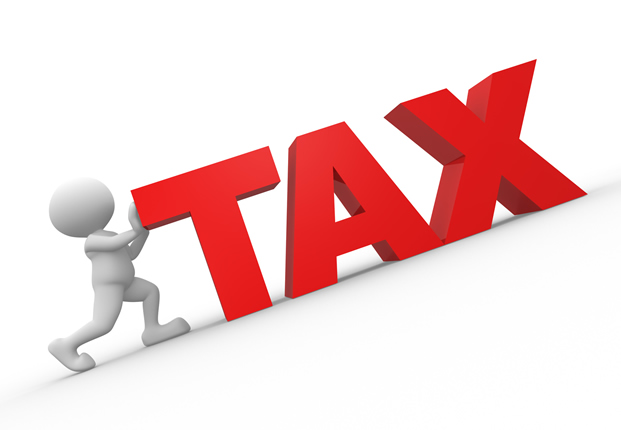
ONE of the most significant moves to reposition the economy by the Bola Tinubu administration is the inauguration of the Presidential Committee on Fiscal Policy and Tax Reforms in August 2023. The committee, led by Taiwo Oyedele, former Fiscal Policy Partner and Africa Tax Leader at PwC, has a mandate which covers tax reform, fiscal policy design and coordination, and revenue administration.
According to the President, the target includes improving Nigeria’s revenue profile and achieving a minimum of 18 per cent tax-to-GDP ratio within the next three years. Nigeria’s tax-to-GDP ratio, at 10.8 per cent, is below the African average of 16.5 per cent and one of the lowest in the world.
The reforms are long overdue. Nigeria has failed to maximise taxation benefits due to large-scale evasion and non-compliance, multiple taxation, insufficient database, tax touting, high cost of collection, and gross inefficiencies in the system. Nigeria has one of the highest rates of companies’ income tax in the world, which overburdens businesses and undermines investments.
Taxation is a fundamental pillar in any modern economy. Thus, any effort to strengthen the tax system should be considered prudent.
The overarching principle of the reform is to discard “nuisance taxes” with low revenue yield, high cost of collection, and ultimate burden on the poor and small businesses. The focus is on high-revenue yield taxes.
Some of its key proposals include streamlining tax heads into eight, instead of 60 official taxes. This makes tax administration modern, simple, adaptive, and a growth enabler. Indeed, 200 different taxes have been identified across all tiers of government with many overlapping.
The proposed list of harmonised taxes and levies includes income tax, property tax, value-added tax, customs duties, excise tax, stamp duties, special levies, and harmonised levies. Under the proposed tax regime, income tax should now comprise CIT, withholding tax, CPT, and capital gain tax.
Crucially, VAT is expected to be a single tax applicable across the board, so states will no longer levy consumption taxes in addition to VAT. Companies are expected to apply VAT deductions for production inputs to free up cash. Food, education, health, and security spending will be VAT-exempt.
Manufacturers and companies earning less than N50 million a year can forget withholding tax. Another notable proposal is pegging customs duty at N800 per US dollar. This metric has been an importer’s nightmare because of the volatile exchange rate.
Overall, the committee’s work has been comprehensive and points to a new, more positive direction in fiscal management.
However, it is time to start implementation to reap the anticipated gains as quickly as possible. Nigerian corporates are reeling under a punishing regime of high costs amid waning demand. Several manufacturers, including multinationals, have closed shop.
The deadline to submit the committee’s final report is just a month away and it claims to have consulted widely. However, the states, which have constitutional latitude on tax matters, and are also desperate for higher revenue inflows, should be fully onboarded so that the reforms will not be stillborn at the sub-national level. There is still confusion concerning the Right of Way levies with some states insisting on collection while others have cancelled it.
Oyedele has pointed out that the reforms are geared towards correcting the structural imbalances in the tax system. The government should summon the political will to end this charade.
While it is understandable that all the proposals cannot be implemented immediately and some require fine-tuning, it is important to start from somewhere.
Some exemptions for manufacturers, small businesses, and low-income earners should kick in immediately. That needs no further debate.












